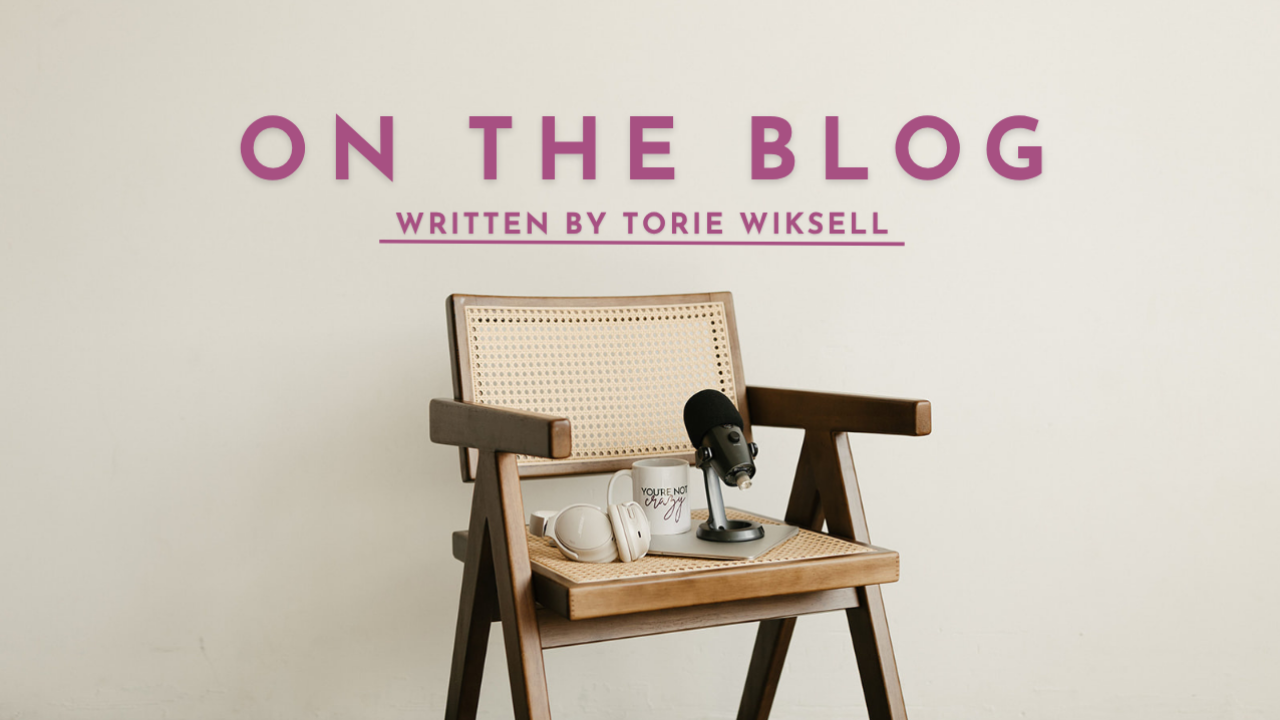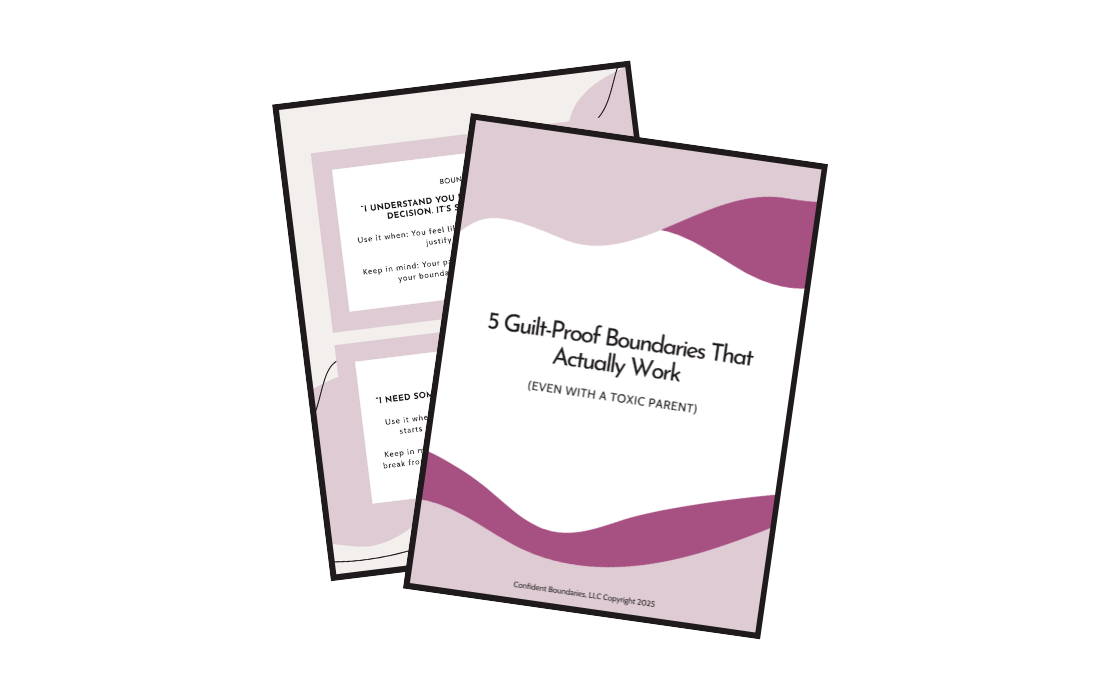
5 Things You Need to Hear if You’re the Cycle Breaker in Your Family
Being the cycle breaker in a dysfunctional family is both powerful and painful. You’re not just choosing to do things differently—you’re rewriting an entire emotional legacy. One that may include surviving a borderline parent, navigating the manipulation of a toxic mom, or learning how to set boundaries with emotionally immature parents who never learned to meet your needs.
You’re building a better life—but sometimes it feels like you’re making it up as you go. If that sounds familiar, these five truths are for you.
1. You’re Not Crazy
You’re not the problem.
You’re just the first one to name it.
Emotionally immature parents often gaslight, guilt-trip, or dismiss your needs entirely—and when you finally start setting boundaries, it can trigger a full-blown family meltdown. Suddenly you’re the selfish one, the dramatic one, the problem.
But listen carefully: you are not crazy. You’re just refusing to play pretend. The dysfunction was always there. You’re just the first one brave enough to stop pretending everything was fine when it absolutely was not fine.
2. You Were Never Meant to Parent Your Parents
If your parent leaned on you emotionally, made you responsible for their moods, or treated you like their therapist, you were a parentified child. That’s a trauma response—not a sign that you were “mature for your age.”
Many adult children of toxic parents fall into the trap of thinking, If I can just say it the right way, maybe they’ll finally get it. But healing doesn’t come from fixing your parent. It comes from releasing the belief that it was ever your job to do it in the first place.
Let your emotionally immature parents be responsible for their own healing. You have enough on your plate.
3. Clear, Assertive Communication is Kind (Even If It Makes Your Family Uncomfortable)
If you grew up in a home where yelling, blaming, or stonewalling was the norm, then assertive communication might feel terrifying. But boundary-setting doesn’t require a blow-up—it just requires clarity.
Toxic parents are notorious for punishing honesty. So it makes sense if you’ve learned to water yourself down or avoid conflict entirely. But here’s the truth: avoidance isn’t peace. It’s just silence with a side of resentment.
Setting boundaries with your parent might feel harsh—but it’s one of the kindest, most respectful things you can do for yourself and for the relationship (if you choose to continue it).
4. Avoidance Feels Safe—But It’s a Trap
Avoiding hard conversations might feel like a relief in the short term, but it keeps you stuck in this stressful cycle long-term. Dealing with toxic parents means learning to face discomfort head-on—not because it’s fun, but because it’s the only way things change.
The more you avoid setting boundaries or taking care of yourself, the more you reinforce the idea that your needs don’t matter. And I know that’s not the life you want for yourself. You deserve a life where your peace isn’t dependent on whether someone else is in a good mood and where your needs only get met when it works for your parent.
5. Confidence Comes from Repetition, Not Perfection
Breaking generational cycles of trauma and dysfunction isn’t a one-time declaration—it’s a thousand tiny choices. It’s learning to say no when you’re used to people-pleasing. It’s setting boundaries with parents who don’t respect them. It’s reminding yourself you’re not the problem when the old shame creeps in.
And yes, it’s hard.
But confidence is a muscle. The more you practice, the stronger it gets. The more you honor your truth, the more natural it feels. Eventually, you stop asking, "Am I the problem?" and start saying, "This doesn’t work for me anymore."
You’re doing brave, necessary, life-changing work. Even if your family doesn’t see it. Even if you doubt yourself sometimes.
You’re the one choosing peace over perfection. And that's how you heal.
If You’re the Cycle Breaker, You’re Not Alone
Setting boundaries with a toxic parent can feel isolating. But you don’t have to navigate it alone. Whether you're surviving a borderline parent, unpacking years of emotional manipulation, or learning to trust yourself again—there’s a whole community of people walking the same road.
Join us inside the Confident Boundaries Membership. You deserve support, tools, and a safe place to land.
Ready for Tools That Actually Work?
This is exactly why I created the Confident Boundaries Membership—and the $149 Boundaries Workshop that’s helped dozens of cycle breakers like you learn how to stop backtracking, stop panicking, and finally hold the line.
If you’re ready for support that gets it, start here:
-
Watch the Workshop – How to Set Boundaries That Stick (Even With a Toxic Parent)
-
Join the Membership – Tools, coaching, and community built for adult children of toxic parents
-
Download the Free Guide – 5 Boundaries That Actually Work With Toxic Parents
You’re Not Crazy.
But you might have been gaslit by your parents.
Learn how to recognize the signs—and start rebuilding trust in yourself.
I hate SPAM. I will never sell your information, for any reason.



